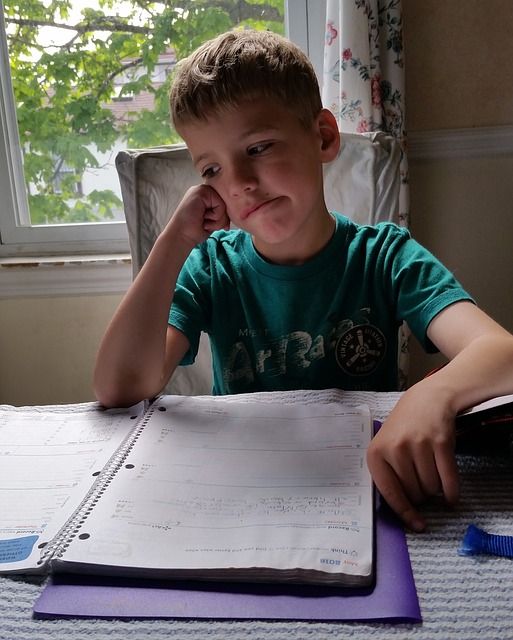Written by Chuck LeBlanc

Being dismissed in general can be very traumatic. When we feel unheard or unseen it can make us feel small and out of place with the people around us. At the same time, it can be traumatic and painful when we dismiss ourselves. By dismissing ourselves I mean those moments when we dismiss our wants and needs as well as our emotions. This can be a complicated thing to explore especially for men. Specifically, because of how layered our socialization is.
A lot of trauma comes out of being dismissed because its another way of neglecting.
One aspect of this socialization comes from society at large. I always call it the John Wayne mentality where men are expected to be solid as a rock, unwavering in painful situations, guided to be able to hold back or squish down their emotions at risk of seeming weak or incompetent. This mentality is passed down from the family itself, movies and tv shows, music, news, it comes from every direction really. When thinking about how this stems from the family we can see it in what the parents were like, how did they react to emotions? Were they dismissive when the little boy wanted to cry or be sad? You hear it all the time, big boys don’t cry, suck it, etc.
A lot of trauma comes out of being dismissed because its another way of neglecting. When this form of neglect happens often enough in childhood you then learn it as a skill to keep you in check. Simply because you learn all about these tools from your parents at an early age. In some situations, you can learn this from outside your house as well. So, you end up saying to yourself, “Oh, I’m not supposed to have these feelings. Okay, cool. How do I do that?” So then when you have those feelings, you end up thinking things like, “Okay, well, what I’m supposed to do is go to my room, hide, squish it down, maybe stomp, maybe break something. all of the above, or maybe hide in a book or a video game somewhere.”
Now one important thing to remember here is that what you are trying to do is self soothe or regulate your emotions in such a way as to put them in a box and squish them down. Then you become an adult all of these boxes start opening like Pandora’s box. So you are left with the herculean task of trying to hold back the tide of all of these repressed emotions because you spent so long holding them in. It starts to feel like a very threatening tidal wave. On top of all of that, you’re in a relationship where your partner is saying, “I would like you to have these feelings, please”. “Why can’t you feel Why don’t you cry?” Now its clear that they are coming from a place of care. But it can feel like there is something wrong with you, that you are broken.
… give you the space to explore your emotions and begin to unpack them so that they are and seem less threatening.
 But in fact, its exactly the opposite because your feelings were dismissed so often when you were younger you learned that these feelings are threatening. This means that your nervous system in tandem with your mind is doing exactly what it was taught to do. Protect yourself from your own feelings! This means all it is trying to do is to help you from something scary, threatening, and uncomfortable. It does this because your emotions have been given a very problematic context when in fact, they are necessary for living a fulfilling life as a human being.
But in fact, its exactly the opposite because your feelings were dismissed so often when you were younger you learned that these feelings are threatening. This means that your nervous system in tandem with your mind is doing exactly what it was taught to do. Protect yourself from your own feelings! This means all it is trying to do is to help you from something scary, threatening, and uncomfortable. It does this because your emotions have been given a very problematic context when in fact, they are necessary for living a fulfilling life as a human being.
Part of what therapy does when you come in for something like this is to give you the space to explore your emotions and begin to unpack them so that they are and seem less threatening. This is done by providing an open and safe space to explore them in a way that is comfortable for you. Remember the tidal wave example? Well, think of the habit of dismissing your emotions as a dam holding that tidal wave back. The discomfort you feel is that once you open that dam you will not be able to stop the wave. Therapy is a lot like putting a tap and waterspout to that dam and letting the water out in a smooth controlled fashion so you can better get to know your emotions and learn that you will not drown in them.
~ Chuck
To connect with one of our counsellors, call 613-701-7574 or email us at info@ksrc.ca
